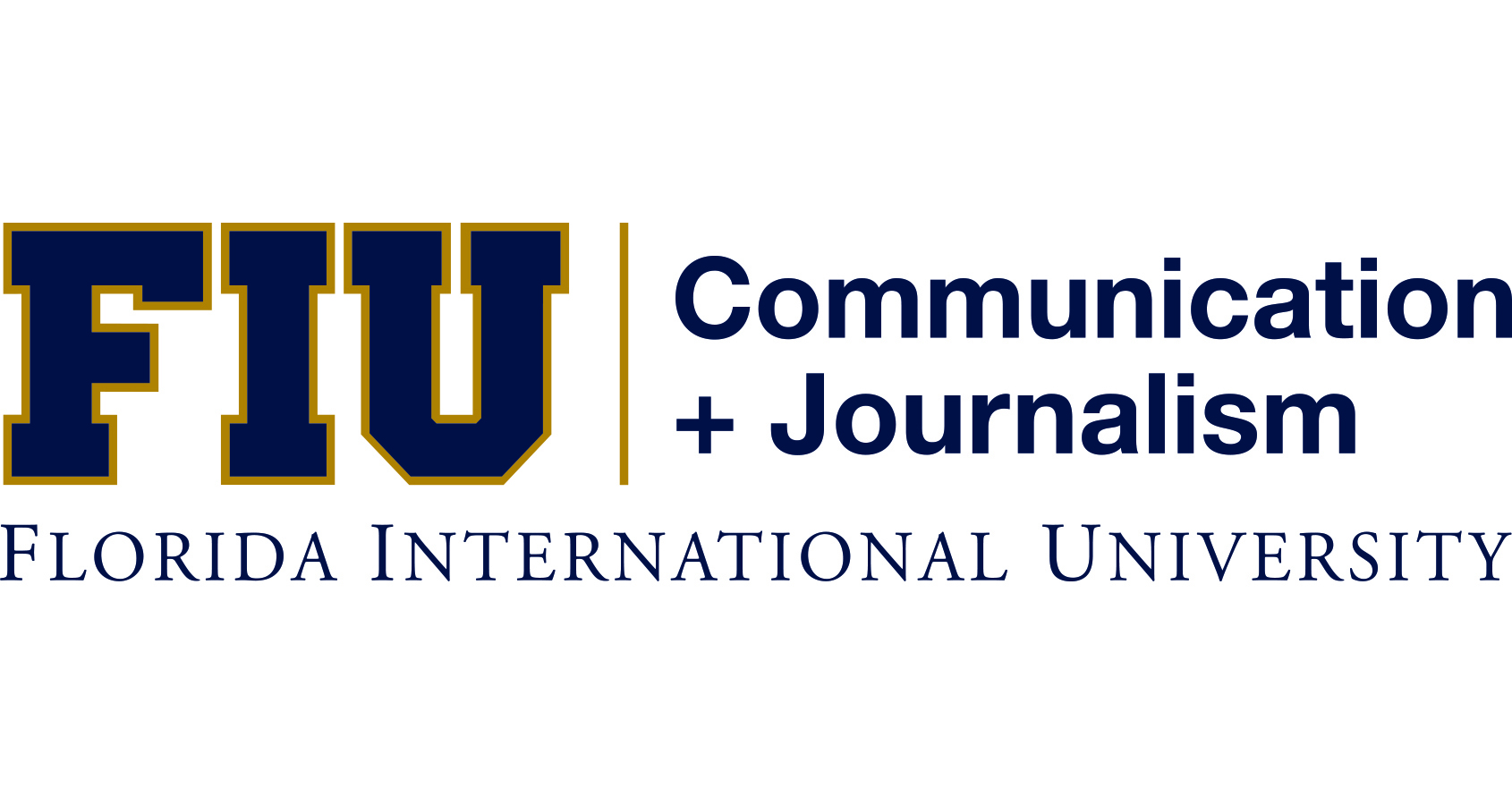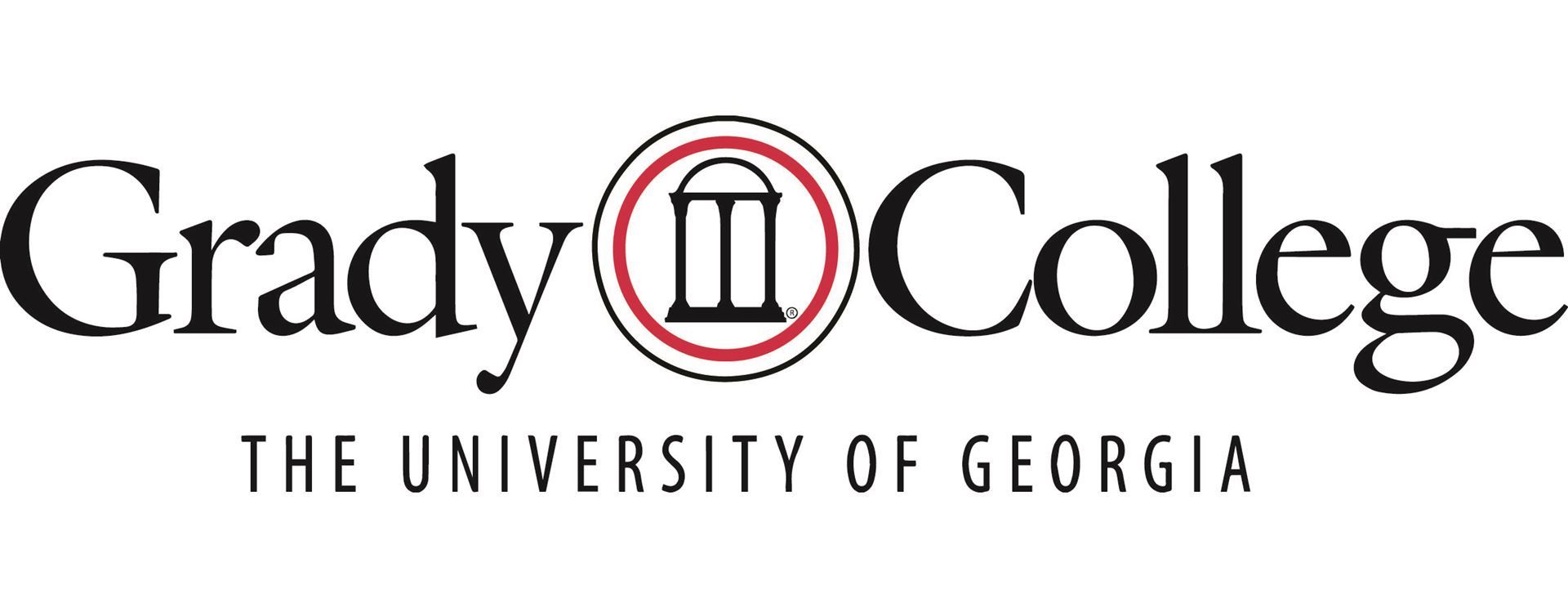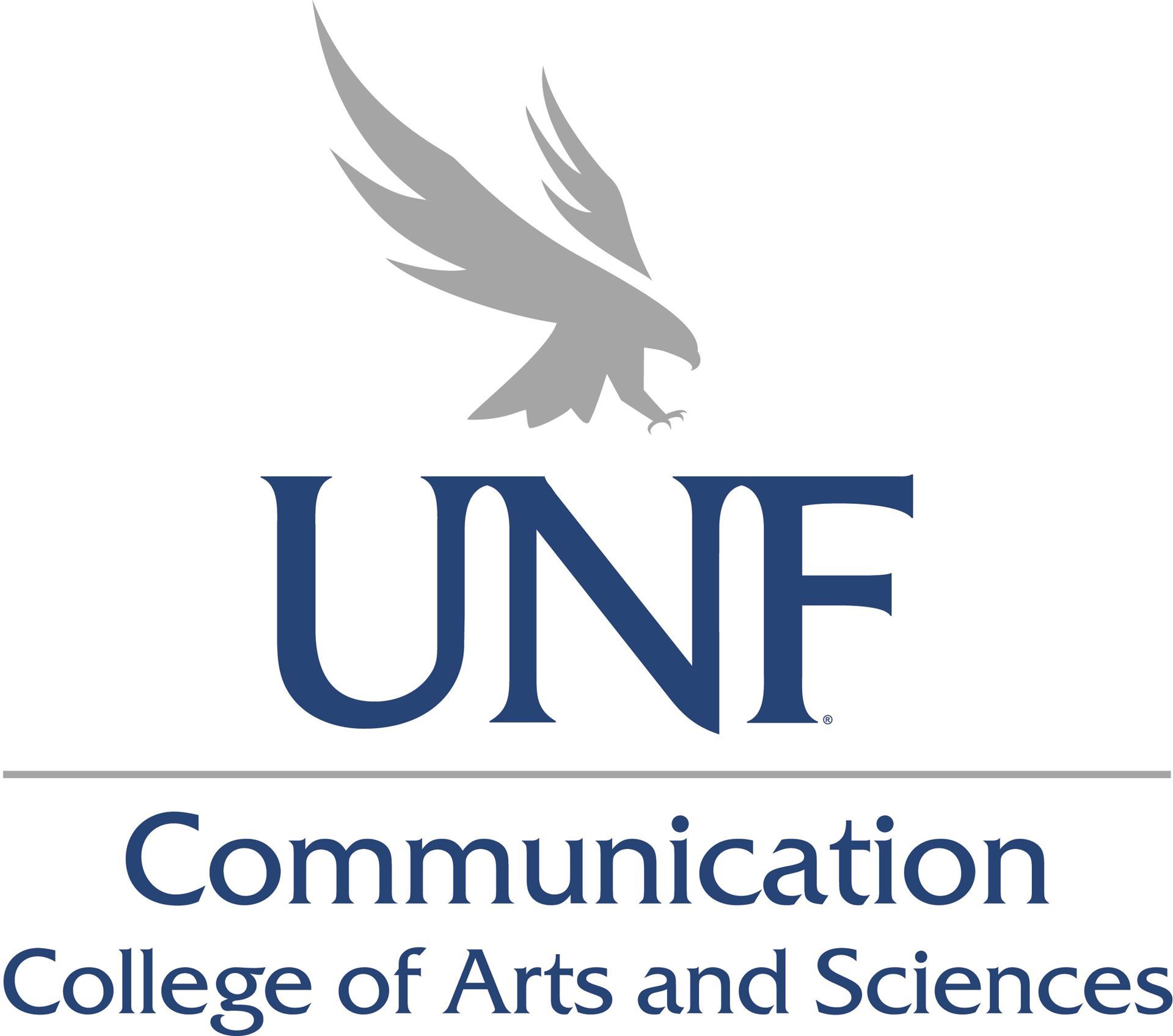
35th Annual AJHA Convention
St. Petersburg | Oct. 6-8, 2016
Convention contacts Convention Coordinator Registration Coordinator Program Coordinator Convention hosts Fred Blevens Convention sponsors Reception sponsors
| Panel Abstracts Go to: Program | Paper Abstracts | Research in Progress Moving Target: Navigating Copyright Law in the 21st Century Moderator: Pete Smith (Mississippi State) As journalists, researchers, and educators, we are often confronted with questions regarding the proper interpretation of U.S. copyright law. Given the fluid nature of today’s digital environment, it is time to (re)assess how copyright law influences our use of content, including both commercial content and archival material. Accordingly, the panelists will lead discussion on three topics relevant to the intersection of copyright law and the digital environment: (1) issues of fair use in academic publishing; (2) copyright law and corporate and digital media; (3) archival material and copyright law. LOCAL PANEL:Who Killed the Messenger? The Long and Brutal Demise of the Tampa Tribune Moderator: Fred Blevens (Florida International) On May 3, the Tampa Bay Times finalized the purchase of the Tampa Tribune and immediately closed the 123-year-old paper, even denying the staff the opportunity to publish a final edition. It was a brutal end to a decades-old cross-bay newspaper circulation war. Panelists discuss the slow decline of the Tribune and what the loss of a local voice means to a vibrant community. The Historian as Detective: Trying to Solve History's Mysteries Moderator: Pamela Walck (Duquesne) This panel will describe important puzzles/mysteries in mass communication history and how the panelists solved them or at least tried to solve them. More broadly, it will provide suggestions and guidance about how historical research can use a variety of records and documents, combined with informed deduction, to attempt to get answers to questions that historians have. Opportunities in Television News History ResearchModerator: Mike Conway (Indiana) With close to a century of history and over fifty years as the dominant source for information, television news still receives little attention in the field of journalism history. Why aren’t more journalism historians digging into the medium that has had such a profound effect on American culture in the last century? These journalism history scholars will talk about the challenges and opportunities involved in studying television news history. Recovering Women’s Voices: Beyond the ‘Pioneer’ Trope Moderator: Ellen Gerl (Ohio) This panel will explore how historians preserve the voices of women journalists, from those who were first in their fields to others whose accomplishments deserve notice. Panelists will share how they are using traditional and digital archives, social media, and other Internet tools to bring forth important stories. Panelists also will discuss the challenges of demonstrating the historical significance of individuals and groups whose complex stories do not fit easily into the “pioneer” trope. Teaching Journalism History Online: Tips and Techniques Moderator: Julie Hedgepeth Williams (Samford) During this panel participants will discuss how and why the online environment is suitable for journalism history courses and how offering journalism history courses online may make those courses more appealing to students and to department curriculum committees. Panelists will discuss the pros and cons of teaching journalism history online as well as nationally accepted best practices for developing online courses. They will also share practical tips and techniques for teaching journalism history courses online based on their own experiences. Teaching the Long Struggle for Civil Rights in the Age of Black Lives Matter Moderator: Caryl Cooper (Alabama) Those in journalism education who question the importance of history in our curriculum should spend a week in the midst of a social justice struggle on campus. Many of the civil rights struggles in the 1950s and 1960s began on college campuses. The current movement may have started on the streets of Ferguson and Baltimore, but it may be sustained within the halls of academia. What happened at Missouri is an evolution, not a singular event. Knowing the history of the struggle provides context and can help inform what could come next. True-Life Journalism Goes to the Movies: Drama, Reality, and Myth Moderator: Tom Mascaro (Bowling Green) From Citizen Kane and The Front Page to All the President’s Men, Good Night, and Good Luck, and this year’s Oscar-winning Spotlight, the work of print and broadcast journalists has long been a favorite subject for popular films and documentaries. Yet as Michael Schudson notes in Watergate in American Memory, “all history is partial.” Can movies ever truly capture what really happened? This panel will draw examples from films based on real reporting efforts and will discuss the impact of such true-to-life movies on how journalism history is understood. Two Sides of the Same Coin: The Historical Synergy Between Public Relations and the Press Moderator: Mavis Richardson (Minnesota State-Mankato) This panel will focus on the inherent and symbiotic relationship that has existed between public relations and journalism since the early days of journalism, focusing specifically on the Civil Rights movement, the Gay Rights movements, and the Eisenhower presidency. The notion that journalists and public relations professionals have historically experienced strained relationships is commonly accepted. But historically, we tend to overlook the fact that this professional union was essential to the dissemination of important news stories throughout the 1900s and that there was almost always a public relations story behind many compelling stories in journalism history. Through these examples, we can better understand the historical significance of the relationship and how the relationship, though sometimes contentious, was also collaborative, interdependent, and essential. |



